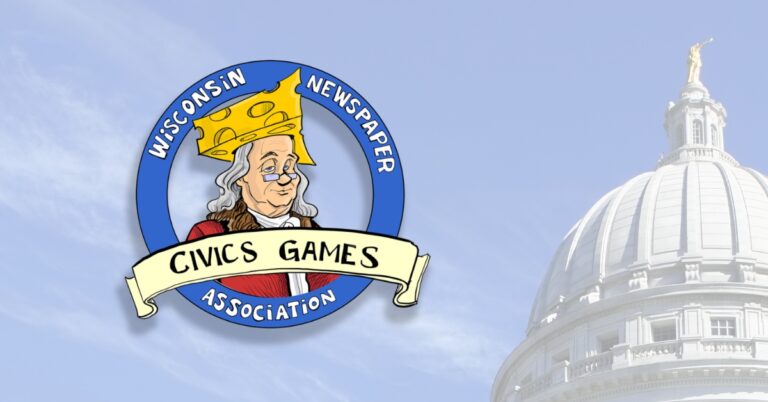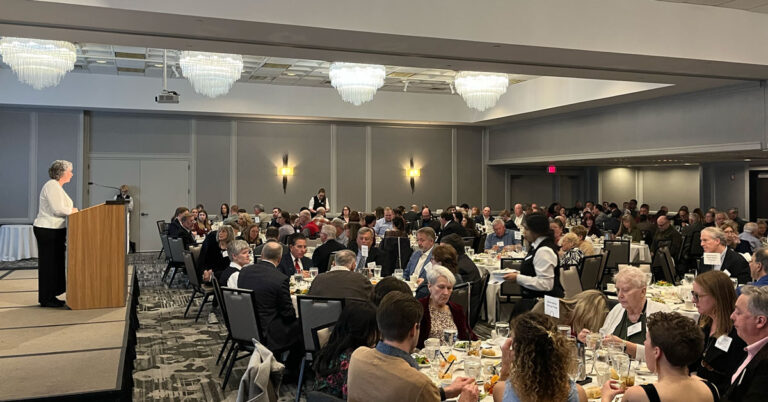Weekly Fiscal Facts are provided to Wisconsin Newspaper Association members by the Wisconsin Policy Forum, the state’s leading resource for nonpartisan state and local government research and civic education. The Wisconsin Policy Forum logo can be downloaded here.
Forum researchers churned out 54 reports and interactive data tools in 2023 that covered a wide variety of timely issues. It wasn’t easy to choose our top five from our dozens of in-depth reports, policy briefs, and interactive data tools. But here is the year’s top five list in order of publication.
- Millions of Wisconsinites have easy access to marijuana. In February, we found legalization of adult recreational marijuana in Michigan and Illinois meant that three out of every 10 Wisconsin residents above the age of 21 live within an hour’s drive of a marijuana dispensary. Half of all such Wisconsinites (about 2.16 million) were able to drive to a dispensary within 75 minutes. Since then, the approval of recreational marijuana in Minnesota has only reinforced this point. While there are valid arguments for and against legalization here in Wisconsin, policymakers also may wish to consider how our neighbors’ actions affect our state’s current reality.
- Wisconsin is at rock bottom in supporting its state parks. In March, we looked at conservation funding in Wisconsin and found the state spent only $19.6 million in 2017 (the last year for which national data are available) to operate its parks, or $1.08 per visit. That was the lowest level of support per visit in the country. We suggested that one contributor to Wisconsin’s low ranking was the complete elimination of state general purpose revenue support for parks over a 20-year period from 1995 to 2015, which has led to a near complete reliance on fees.
- The economics of early childhood education don’t work. In May, we found the average annual cost of early childhood care and education for a four year-old in Milwaukee County is $12,142 and for an infant is $16,236. That is more expensive than in-state tuition at any University of Wisconsin campus, and equates to 22.2% (for a four-year-old) or 29.6% (for an infant) of the 2021 annual median household income in Milwaukee County. Yet high prices do not translate into competitive pay for Milwaukee County child care workers, whose average hourly wage is less than $15. An infusion of federal pandemic aid made the economics of early childhood education more tenable in recent years, but our report warned of the consequences when it expires.
- Arrests plummet in the city of Milwaukee. In August, we explored how the justice system in Milwaukee County was recovering from COVID-19 — and found a striking trend that took shape before the pandemic and continued as it subsided. In 2022, arrests were 36.8% lower for serious “Part 1” crimes and 61% lower for less serious “Part 2” crimes in the city than in 2018. We also found sizable drops in certain citations issued by Milwaukee police and in subsequent research, we found field interviews and traffic stops also declined dramatically. Why police interactions with citizens have plummeted and what this means for public safety and police-community relations will be a primary research topic for the Forum in 2024.
- Statewide teacher turnover is surging. Many school districts across Wisconsin have cited concerns with teacher recruitment and retention as the labor market has tightened. Our August report found that while an average of 11.5% of the state’s teachers turned over each year from 2009 to 2023, that rate rose to 15.8% in 2022-23 — the highest percentage in 14 years and almost three percentage points higher than the previous high, following the adoption of 2011 Wisconsin Act 10. We found turnover was highest in districts serving vulnerable student populations and among teachers of color as well as small, rural districts; and that the decline was largely due to exits from public school classrooms rather than moves between districts.
This information is a service of the Wisconsin Policy Forum, the state’s leading resource for nonpartisan state and local government research and civic education. Learn more at wispolicyforum.org.



